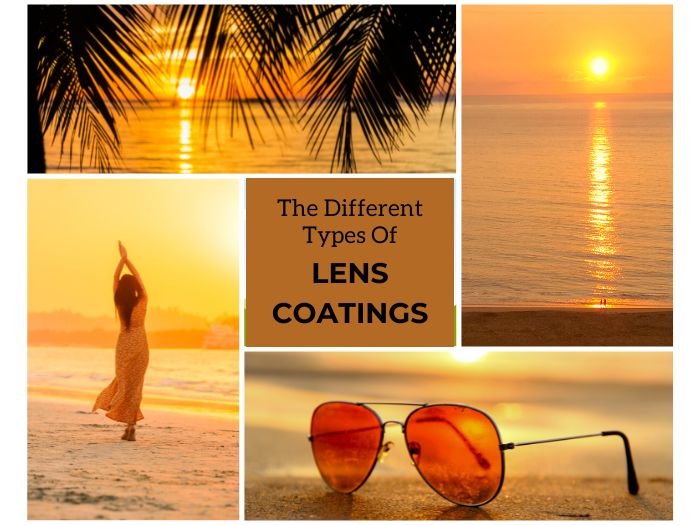The Different Types of Lens Coatings
If you are a prescription eyeglass wearer, you should be aware of the various types of lenses you can get for them. There’s a big chance that you have had a sales associate at your eyeglasses shop ask you if you wanted to improve your lenses for extra protection. However, perhaps you weren’t certain of the reason for lens enhancements, usually known as lens coatings.
The LASIK Los Angeles specialist tells us that whether or not you decide to add lens coatings to your personal lenses is an idiosyncratic choice. The crucial thing is for you to know the various types of lens coatings and what they do so that you can make the best decision for you and your eyes.

Read down below to learn more about the most common kinds of lens coatings for glasses.
Scratch-Resistant Lens Coating
As the name suggests, scratch-resistant glasses prevent annoying scratches from occurring. They have an additional layer of protection to prevent the lenses from getting scratched.
Although this kind of lens coating is good for everyone, it’s mostly recommended for children and teenagers who are usually not as careful with their glasses.
Anti-Reflective Lens Coating
An anti-reflective coating prevents and reduces reflections. It does this in many ways. Firstly, it lowers the glares you may see at night when driving, for instance. It is prevalent for eyeglass wearers to see halos around car lights, traffic lights, and other light sources. Anti-reflective coating cuts down these glares to help you see better at night.
Along with that, the anti-reflective coating gets rid of glares emitting off your own glasses, like the ones you probably experience during a Zoom meeting. If you wear glasses and attend many virtual meetings, you most likely understand the irritation of your glasses reflecting on the screen and usually hiding your eyes. Anti-reflective glasses stop this from occurring.
Ultraviolet (UV)-Protective Lens Coating
Exposing your eyes to UV rays can result in long-term damage, such as cataracts and macular degeneration. It isn’t easy to completely avoid UV rays because the sun is the main source of them; there are ways to protect the eyes from too much sun exposure. Make sure to wear sunglasses that are UV-resistant. Also, did you know you can even add UV protection to your prescription glasses? Yes, it is possible and highly recommended.
If you are concerned about UV protection changing the color or appearance of your lenses, don’t be. According to LASIK surgeon Los Angeles experts like Doctor Moosa, all that UV protection does is provide your eyes with an extra layer of protection from damaging UV rays.
Anti-Fog Lens Coating
Getting foggy glasses is the most annoying thing that can happen to you. It happens out of nowhere – walking inside a warm building on a freezing day or draining pasta in the sink, foggy glasses happen! Not only are they a hassle, but they are also very dangerous. Anti-fog coating stops your glasses from fogging up.
So think of getting LASIK or inquire about the LASIK eye surgery cost to get rid of the hassles of everyday use of glasses.